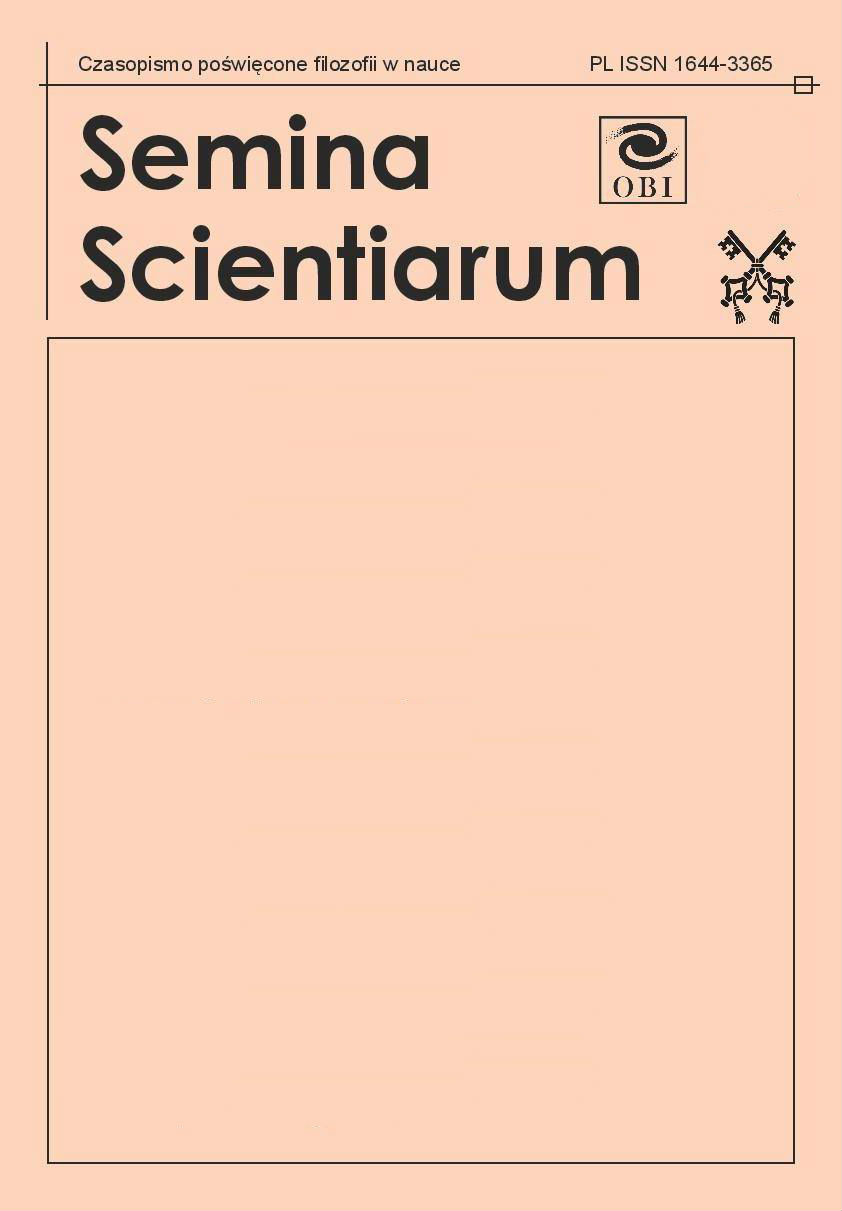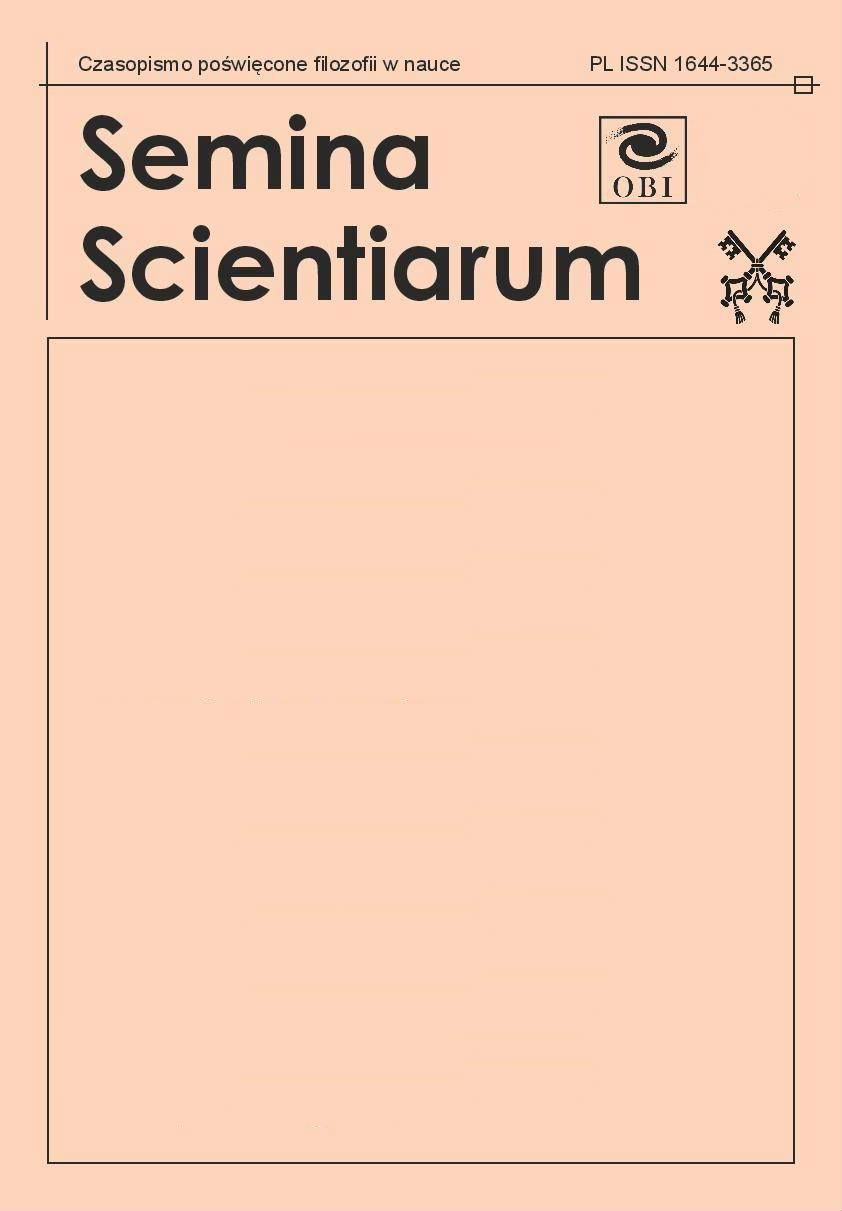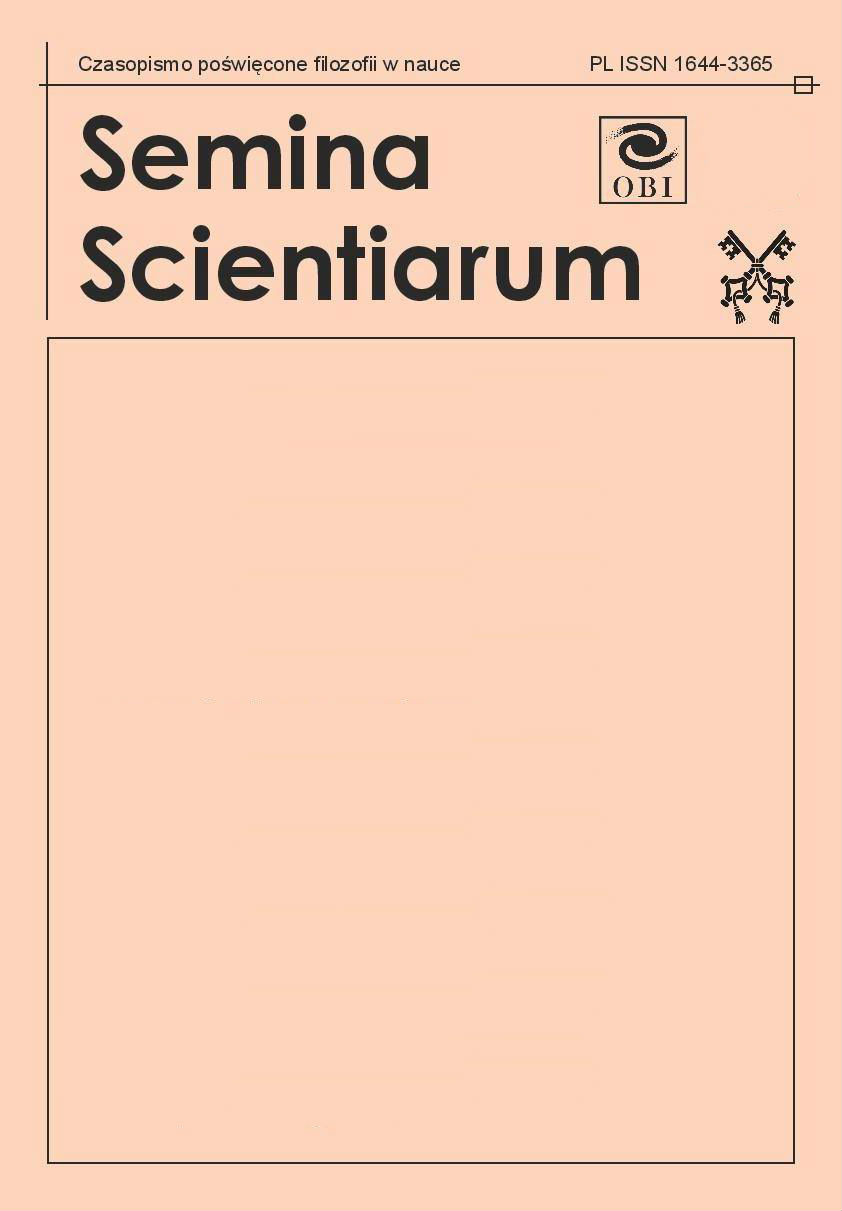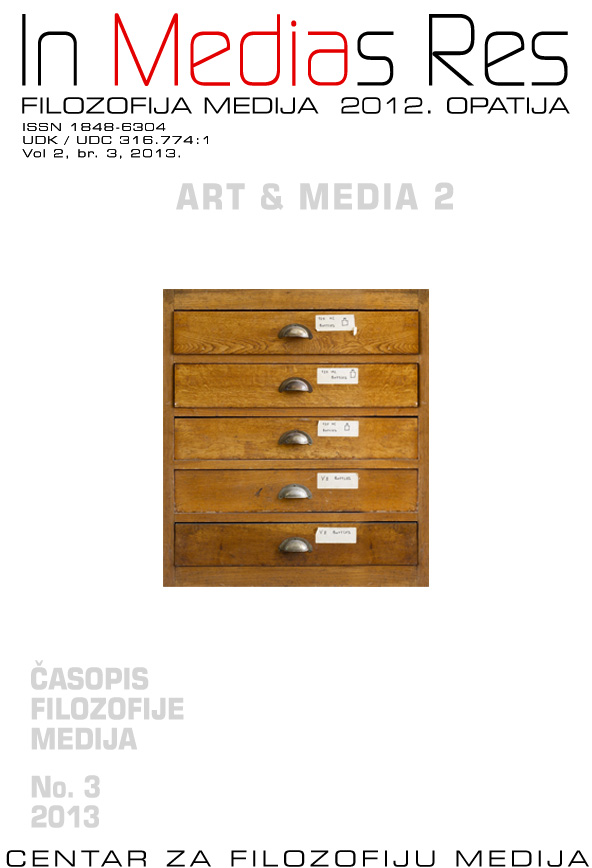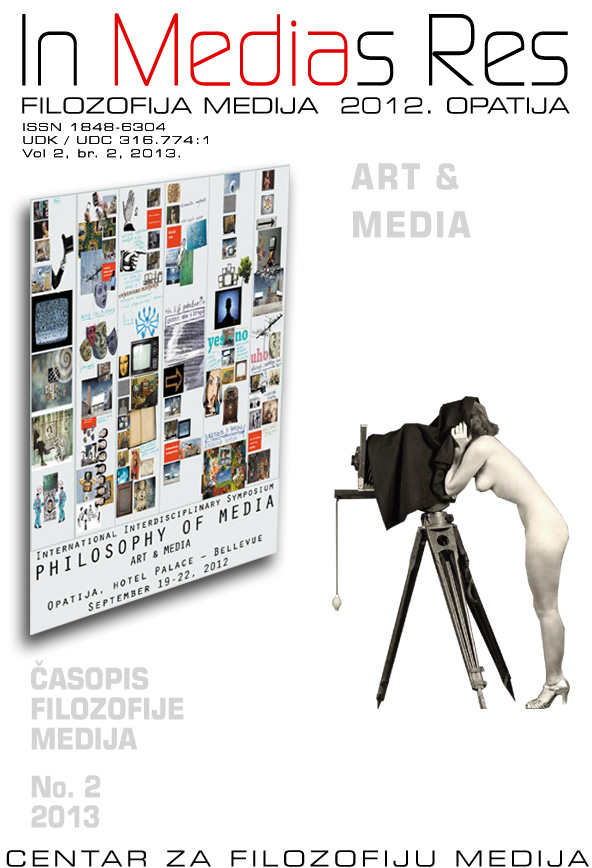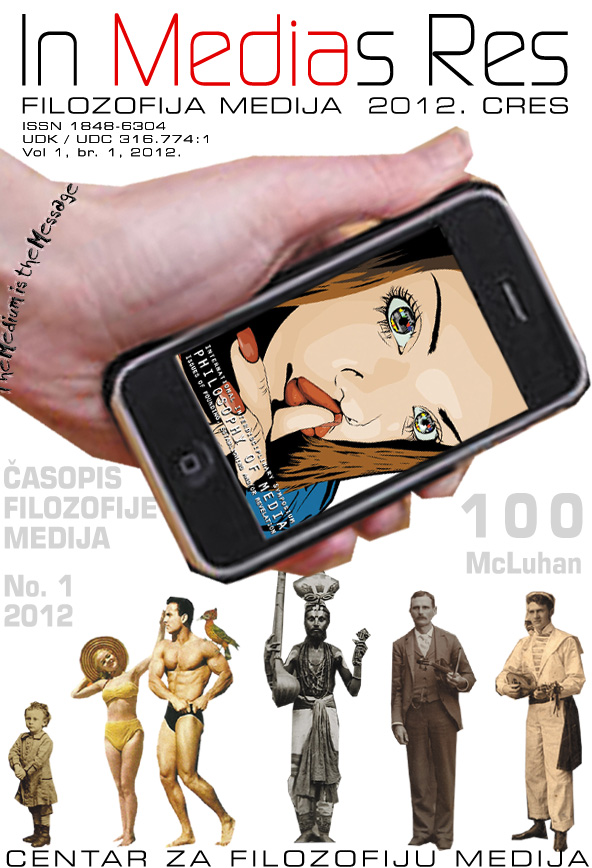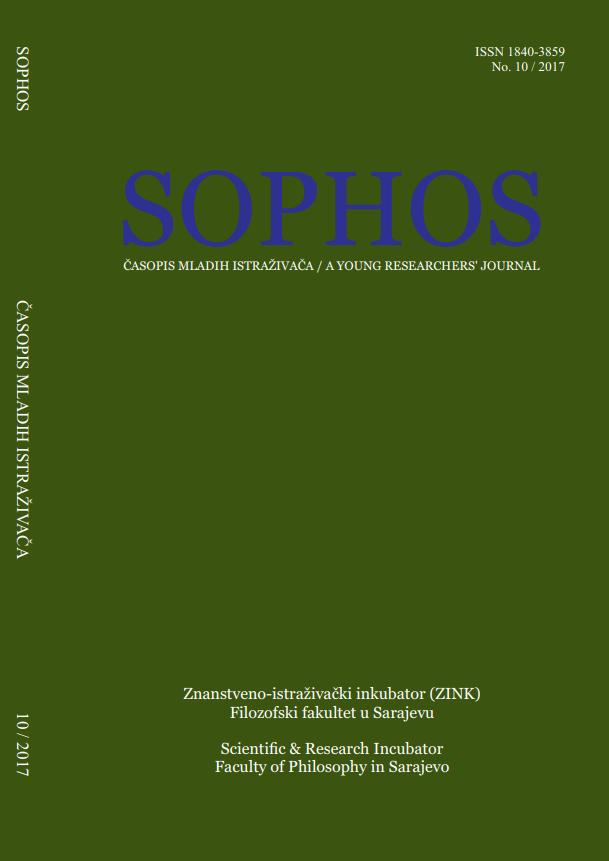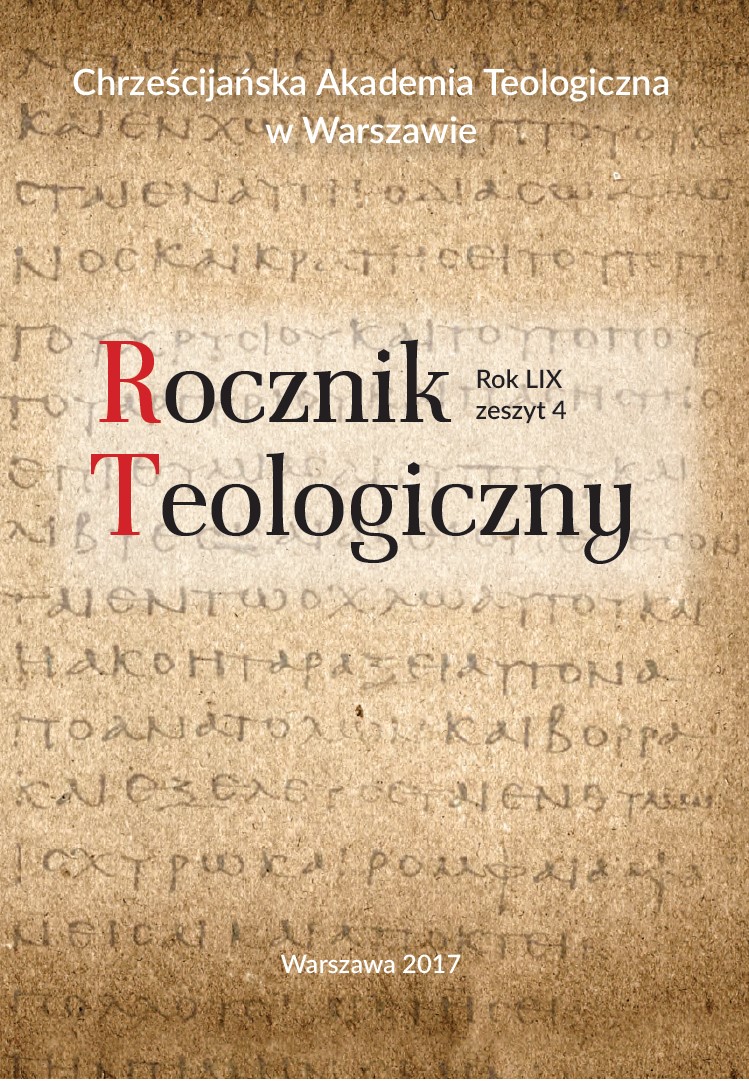Author(s): Stanislaw Barszczak / Language(s): English
Issue: 1/2014
Some think that Virtue ethics by A. MacIntyre was the only solution to the moral vacuum in society. Responsibility as an essential. And what is a virtue? To know and understand the modern development of virtue ethics by Alisdaire MacIntyre, learning objective the best way to fill the moral vacuum is to chart our moral virtues. We believe the same thing. Alisdair Chalmers MacIntyre (born 1929) is a Scottish philosopher primarily known for his contribution to moral and political philosophy. He is an extremely influential Catholic philosopher. The thinker directed toward metaphysics, because modern ethical study has lost its way. Since the enlightenment ethics has been dominated by normative theories. The thinker moreover, he understands that there is no past to which we might return. The philosophical task of Alisdaire MacIntyre is to account both for the dysfunctional quality of moral discourse within modern society and rehabilitate what he takes to be a forgotten alternative in the teleological rationality of Aristotelian virtue ethics. MacIntyre's thought is revolutionary as it articulates a politics of self-defence for local communities that aspire to protect their practices and sustain their way of life from corrosive effects of the capitalist economy. The theory of virtue in this respect is open to God. Theory of virtue, being a person with a certain quality of character. As, however, the civilizational progress, higher and higher forms of self-love guide our morality. Civilized man does not act so wickedly, above all that he too much self respect has. Though his respect for himself also produces the appropriate attitude to morality. Virtue ethics refers primarily to the nature of the person. Here I have to be honest, happy, I know how to behave. Due to this process we need to understand each other, we need to practice. We need to reach a certain capacity. Thus need more rules. I gained knowledge of certain principles, it owned a habitual. Whereas the defense of morality the “ethics of dilemma” approach to morality forgets an essential part of ethics - the Person's character and how personal moral growth is encouraged, A. MacIntyre noticed. Saint Thomas but gave bad person narration, which is different from the narrative people by MacIntyre. In the midst of human feelings and common disputes, we are looking for the ultimate truth. A natural morality is forged by people over time through trial and error. For MacIntyre, the practices necessary for training in practical reason through which we acquire the ability to act intelligibly requires the systematic growth of human potential by acquired excellence that cannot help but challenge the character of modern moral practice and theory. We must learn to respond to the feelings that accompany all of us, and are formed preferably in small communities. MacIntyre has sought to help us repair our lives by locating those forms of life that make possible moral excellence. Alisdair MacIntyre convincingly proves that rationality and ethics are inseparable; that it is impossible for the unjust person to think rationally, or for the irrational person to be just. According to MacIntyre's moral language expresses no International Journal of Social and Educational Innovation (IJSEI) No.1/ 2014 38 feeling, but the attitude. We need to find the means to realize the virtues, shape different attitudes and dispositions. Virtue ethics is different from the ethics act. The act is like at the beginning of the great task of shaping a complete man. You have to open up to life, which is good! Make your best. Today, the state of well-being is sought, it is therefore necessary to achieve appropriate social institutions. Virtues as understood by MacIntyre, as some features acquired; as a response to the need for historical descent into the depths of human feelings, they remain inevitable, tighter say, unavoidable for the growth of the human family. This is contemporary virtue ethics Alisdair MacIntyre.
More...
